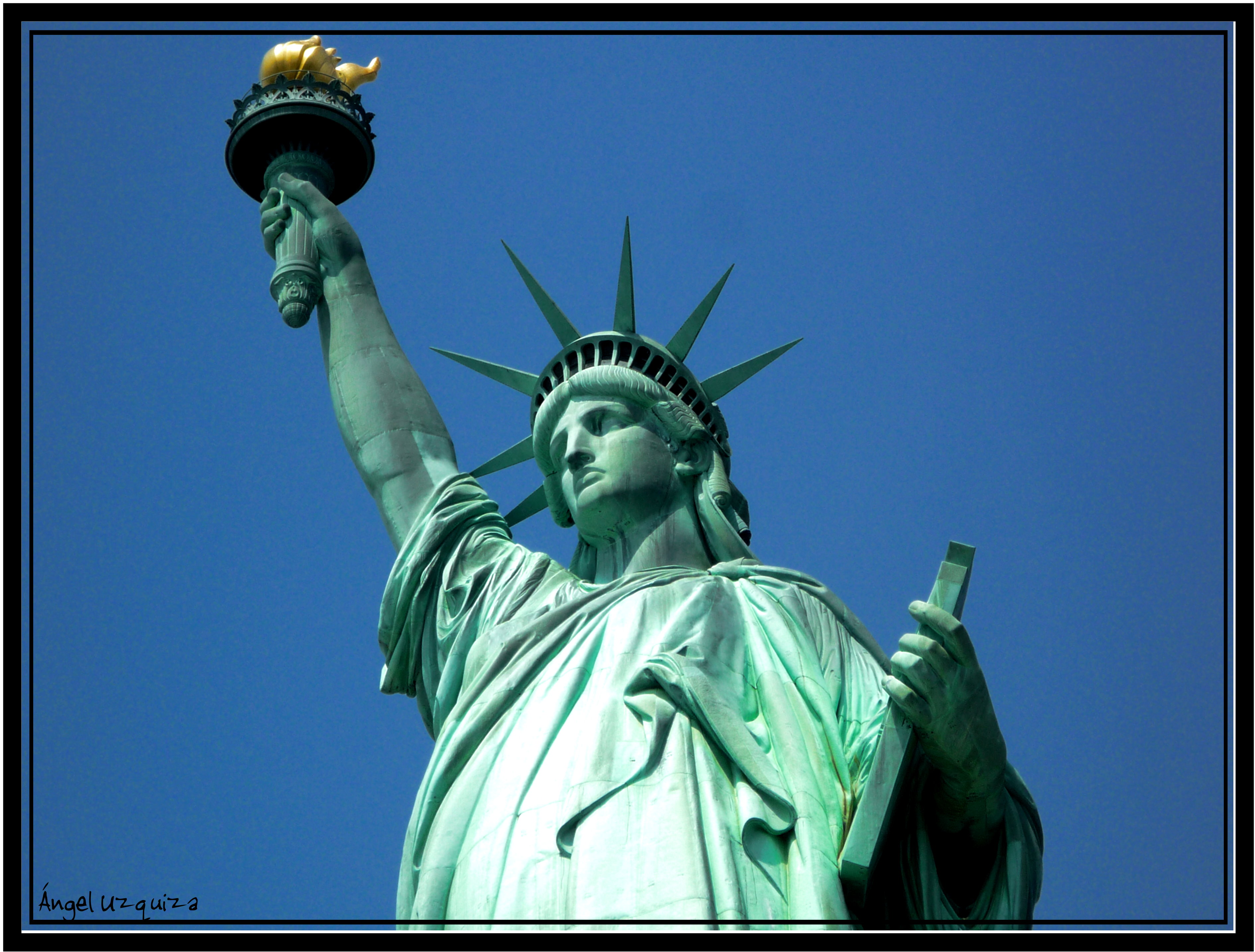,英美文化对对碰

We all know that Britain and the US are two countries connected by a common language. But in fact, the differences are more fun to observe, as BBC did in a recent story called 8 Situations When Britons Behave Differently From Americans. Below Teens has picked out four for you. Take a look.
众所周知,英国与美国因为使用同一种语言而有诸多相似之处。但事实上,探寻英美文化间的差异更加有趣。近日,BBC就刊登了一篇文章,题为“八种情境:英美人的不同表现”。下面我们就来看看其中的四种情况:
1. When someone knocks into you
被撞后什么反应?
If someone bumps into an American, the victim will most likely look the accidental aggressor in the face and expect an apology. If, however, the victim happens to be British, chances are that the victim will say “sorry” before the other can make his or her own apology.
如果被撞的是美国人,他们大都会直视冒失者,希望对方道歉。而相反,如果被撞的碰巧是英国人,他们则很可能会在撞人者开口道歉之前先说“对不起”。
2. When you get dressed for dinner
晚宴穿什么?
Britons don’t all change into evening dress for supper like what you may have seen in popular TV shows like Downton Abbey. But they do tend to make an effort when going out for dinner somewhere nice. Americans, however, will probably wear a casual shirt to a fancy eatery.
享用晚餐时,英国人虽然不会像热门英剧《唐顿庄园》中那样人人身着晚礼服,但在去高级餐厅就餐时也会在穿着上颇下一番功夫。而美国人则可能穿一件休闲衬衫就出入高级餐馆。
3. When you don’t finish your food
饭菜没吃完时怎么办?
Britons wouldn’t think to take the leftovers home when dining out at a restaurant. They think the food is somehow “tainted” once they’ve poked at it with a knife and fork. In the US, wrapping it up to take home is a standard practice.
外出就餐时,英国人不会将剩饭剩菜打包带走,因为在他们看来食物一旦被刀叉“染指”后便被“玷污”了。然而对美国人而言,打包剩菜则是一种惯例。
4. When you get into a taxi
乘出租车时什么表现?
Britons will give the cab driver an address, then assume that’s it for the interaction until it’s time to pay. Even if they’re being taken in a roundabout way, they’re very unlikely to say anything. In the US, however, most passengers think nothing of telling the driver what route to take after telling him or her the destination.
英国人在告诉司机目的地之后就会秉承全程“零交流”的原则,直至下车付钱才开口。甚至在看见司机绕路时,他们也会一言不发。而美国人则恰恰相反,大多数乘客都会在告诉司机目的地后,自己指挥行车路线;并且觉得这并无不妥。
众所周知,英国与美国因为使用同一种语言而有诸多相似之处。但事实上,探寻英美文化间的差异更加有趣。近日,BBC就刊登了一篇文章,题为“八种情境:英美人的不同表现”。下面我们就来看看其中的四种情况:
被撞后什么反应?
如果被撞的是美国人,他们大都会直视冒失者,希望对方道歉。而相反,如果被撞的碰巧是英国人,他们则很可能会在撞人者开口道歉之前先说“对不起”。
晚宴穿什么?
享用晚餐时,英国人虽然不会像热门英剧《唐顿庄园》中那样人人身着晚礼服,但在去高级餐厅就餐时也会在穿着上颇下一番功夫。而美国人则可能穿一件休闲衬衫就出入高级餐馆。
饭菜没吃完时怎么办?
外出就餐时,英国人不会将剩饭剩菜打包带走,因为在他们看来食物一旦被刀叉“染指”后便被“玷污”了。然而对美国人而言,打包剩菜则是一种惯例。
乘出租车时什么表现?
英国人在告诉司机目的地之后就会秉承全程“零交流”的原则,直至下车付钱才开口。甚至在看见司机绕路时,他们也会一言不发。而美国人则恰恰相反,大多数乘客都会在告诉司机目的地后,自己指挥行车路线;并且觉得这并无不妥。

We all know that Britain and the US are two countries connected by a common language. But in fact, the differences are more fun to observe, as BBC did in a recent story called 8 Situations When Britons Behave Differently From Americans. Below Teens has picked out four for you. Take a look.
1. When someone knocks into you
If someone bumps into an American, the victim will most likely look the accidental aggressor in the face and expect an apology. If, however, the victim happens to be British, chances are that the victim will say “sorry” before the other can make his or her own apology.
2. When you get dressed for dinner
Britons don’t all change into evening dress for supper like what you may have seen in popular TV shows like Downton Abbey. But they do tend to make an effort when going out for dinner somewhere nice. Americans, however, will probably wear a casual shirt to a fancy eatery.
3. When you don’t finish your food
Britons wouldn’t think to take the leftovers home when dining out at a restaurant. They think the food is somehow “tainted” once they’ve poked at it with a knife and fork. In the US, wrapping it up to take home is a standard practice.
4. When you get into a taxi
Britons will give the cab driver an address, then assume that’s it for the interaction until it’s time to pay. Even if they’re being taken in a roundabout way, they’re very unlikely to say anything. In the US, however, most passengers think nothing of telling the driver what route to take after telling him or her the destination.
 高一必修二英语书
高一必修二英语书 八年级上册英语书
八年级上册英语书 高一必修一英语书
高一必修一英语书 高二必修4英语书
高二必修4英语书 七年级上册英语书
七年级上册英语书 高三必修5英语书
高三必修5英语书